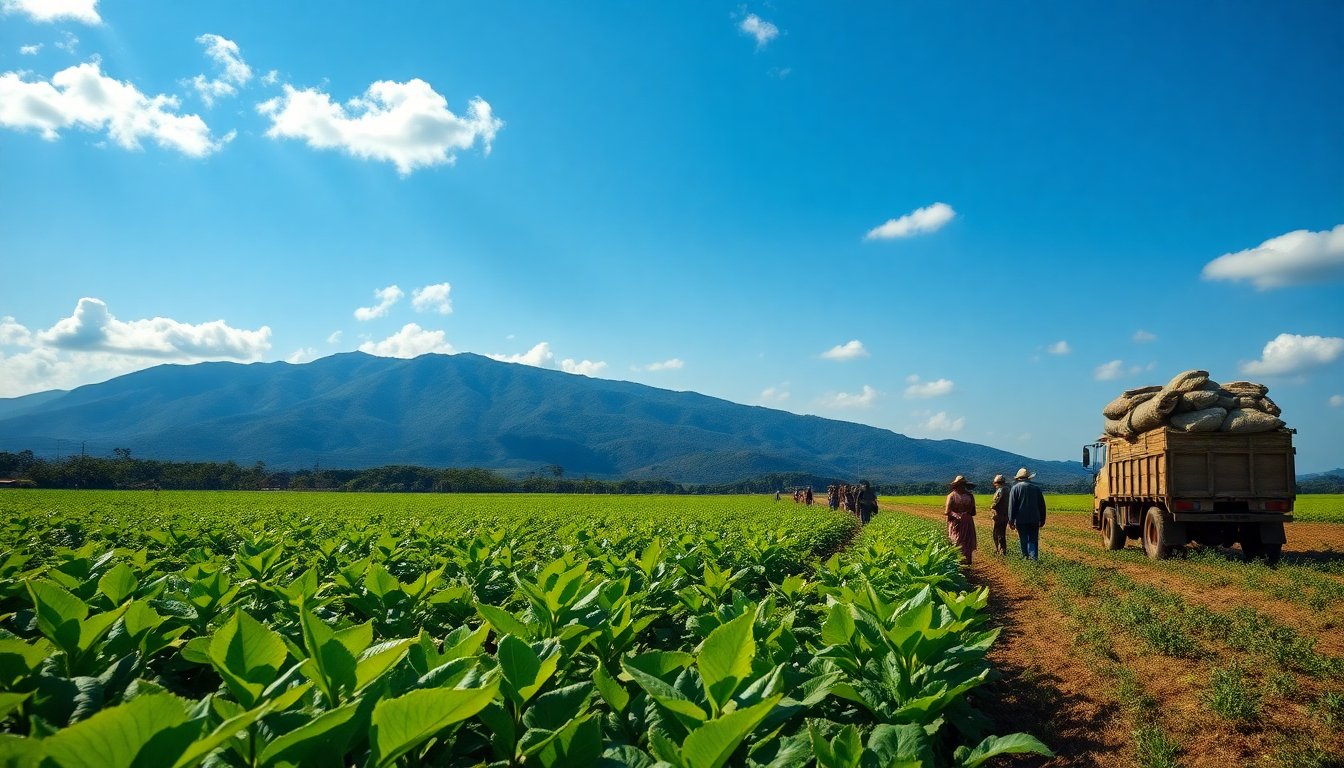Table of Contents
In a significant policy shift, President Donald Trump has announced that the United States will reduce its financial support to Colombia. This decision arises from ongoing challenges related to drug production in the country. The U.S. leader has expressed strong concerns regarding the Colombian government’s commitment to addressing drug trafficking and production, indicating a perceived lack of progress in their efforts.
Reasons behind the aid cuts
During a recent announcement, President Trump stated that the Colombian administration has not made sufficient progress in curbing the cultivation and production of illegal narcotics. He expressed disappointment, noting that the situation has not improved as anticipated. This reduction in aid is viewed as a direct response to what the U.S. government considers inadequate measures taken by Colombia to combat drug-related activities.
Colombia’s drug production challenges
The issue of drug production in Colombia has deep historical roots and continues to be a pressing concern. The nation remains a central hub for the cultivation of illicit drugs, particularly cocaine. Despite multiple initiatives and agreements designed to curb drug production, including substantial efforts to eradicate coca plantations, the challenge persists. Colombian officials have faced considerable scrutiny for their failure to devise and implement effective strategies that would significantly diminish drug trafficking activities.
Implications of reduced aid
The decision to cut aid to Colombia could have significant repercussions. Financial support from the United States has been crucial for funding various initiatives, including programs aimed at enhancing law enforcement and promoting alternative livelihoods for farmers involved in coca cultivation. Concerns are arising regarding the sustainability of ongoing anti-drug efforts if these funds are diminished.
Impact on U.S.-Colombia relations
The historical relationship between the U.S. and Colombia has been marked by cooperation, particularly in the fight against drug trafficking. However, this recent development may strain diplomatic relations. The Colombian government might interpret this action as a sign of diminished confidence in their ability to address drug-related challenges, potentially leading to increased tensions between the two nations.
The implications
The Colombian government faces pressing challenges in addressing the drug production crisis. Evidence collected indicates that a renewed commitment is essential to combat coca cultivation effectively. This may require the development of targeted programs and enhanced law enforcement strategies. According to papers reviewed, failure to achieve substantial improvements could jeopardize U.S. support, which is critical for ongoing drug prevention and economic development efforts.
What happens next
President Trump’s announcement regarding a reduction in aid to Colombia underscores the complexities of tackling drug production. The Colombian leadership must act decisively to regain U.S. support. The investigation reveals that as the situation develops, close monitoring of these changes will be crucial. These developments will significantly impact U.S.-Colombia relations and the ongoing struggle against drug trafficking.


